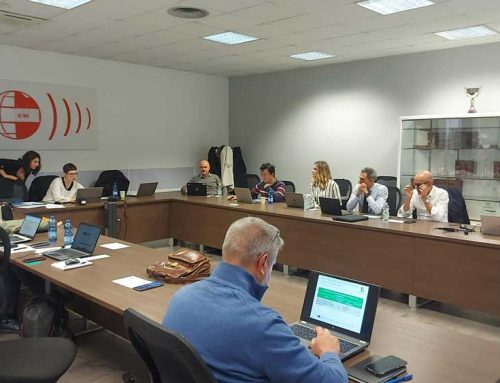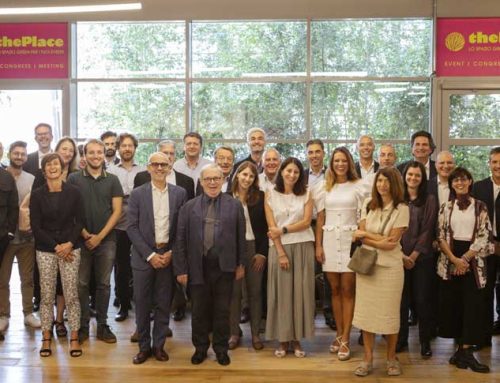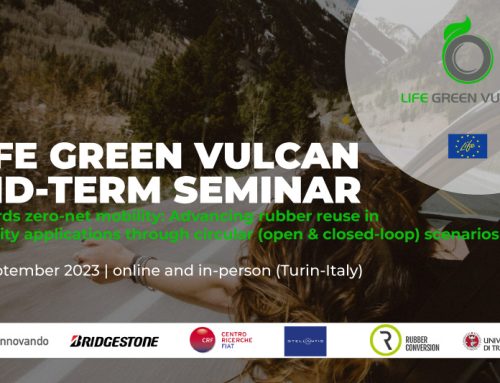One of the Life Green Vulcan’s project partners Rubber Conversion is actively exploring the revolution in the world of rubber recycling. Considering the relevance of this topic for our project, in the following lines we present a full article.
Rubber Conversion has created a highly innovative process to solve the common problems associated with rubber recycling, currently subjected to technologies that rely on the use of high temperatures resulting in the random breaking of polymer chains rather than selectively acting on sulfur bridges, and allow high percentages of these to be used in the production of new rubber products.
The innovative mechano-chemical devulcanizing process
At the heart of our innovation is a mixture of devulcanizing agents that allows kinetic control of the reaction and high selectivity.
The introduction of non-toxic and residue-free chemical additives released into the final product within the devulcanisation process enables the effective and selective breakdown of sulfur bridges alone, preserving the integrity of the polymer chains and reactivating the original properties of the starting rubber compound. In addition, for the first time ever, the patented process kinetically adjusts the practical life of the reagents underlying the devulcanisation process according to the cross-linking density of the vulcanized elastomer and the type of material being processed.
This makes it possible to operate at low temperatures and achieve more profound and more accurate devulcanisation with a higher quality end product.
The enabling factor for sustainability and cost reduction
In general, product regulations (following the launch of the Circular Economy Package and Action Plan) and the increasing environmental awareness of consumers are pushing companies to increase the focus on their product-related sustainability goals in terms of both impacts and material circularity.
Increasingly, therefore, companies are forced to increase the share of organic and recycled raw materials in their products.
On the other hand, waste regulations are inducing an ever-increasing increase in disposal costs by providing an excellent basis for the development of technologies for post-production recycling in addition to post-consumption.
Soaring raw material prices and widely expected upcoming legislation providing tax subsidies for recycled products are creating the basis for faster market uptake.
Finally, the recent increase in energy costs due to the global situation gives our low-temperature process an additional cost and environmental advantage over existing high-temperature solutions on the market.
Efficient products and solutions for the circular rubber economy
With sustainable and cost-effective products and solutions, Rubber Conversion enables tyre and footwear manufacturers to create value by recycling end-of-life products or production waste.
1- SRC (Sustainable Rubber Compound), a product consisting of devulcanized compounds from a controlled supply chain such as ELT (End-of-Life Tyre) available in 3 standard grades relating to the different types of feedstock used: car tread, complete truck, truck tread.
These devulcanized compounds can be used in a wide range of formulations to primarily meet the increasingly stringent green regulations, increasing the eco-sustainability of the finished product, maintaining the mechanical properties while reducing the use of virgin raw materials, which represents a critical issue worldwide, especially in the geopolitical framework that has been taking shape in recent months and the resulting scarcity of raw materials.
2- SDR (Sustainable Devulcanised Rubber), a service that aims to support and improve the circular economy, through which Rubber Conversion receives production waste that is underproduced according to the guidelines launched by Assogomma, with a very wide spectrum of polymers, devulcanizes it through its innovative process and returns it to compounders and/or rubber molders who reintroduce it into the virgin starting formulation in percentages of up to 50%. In this way, our partners can benefit from our technology by reusing their waste and processing residues, thus avoiding disposal costs and reducing raw material consumption.
Source: Rubber Conversion







